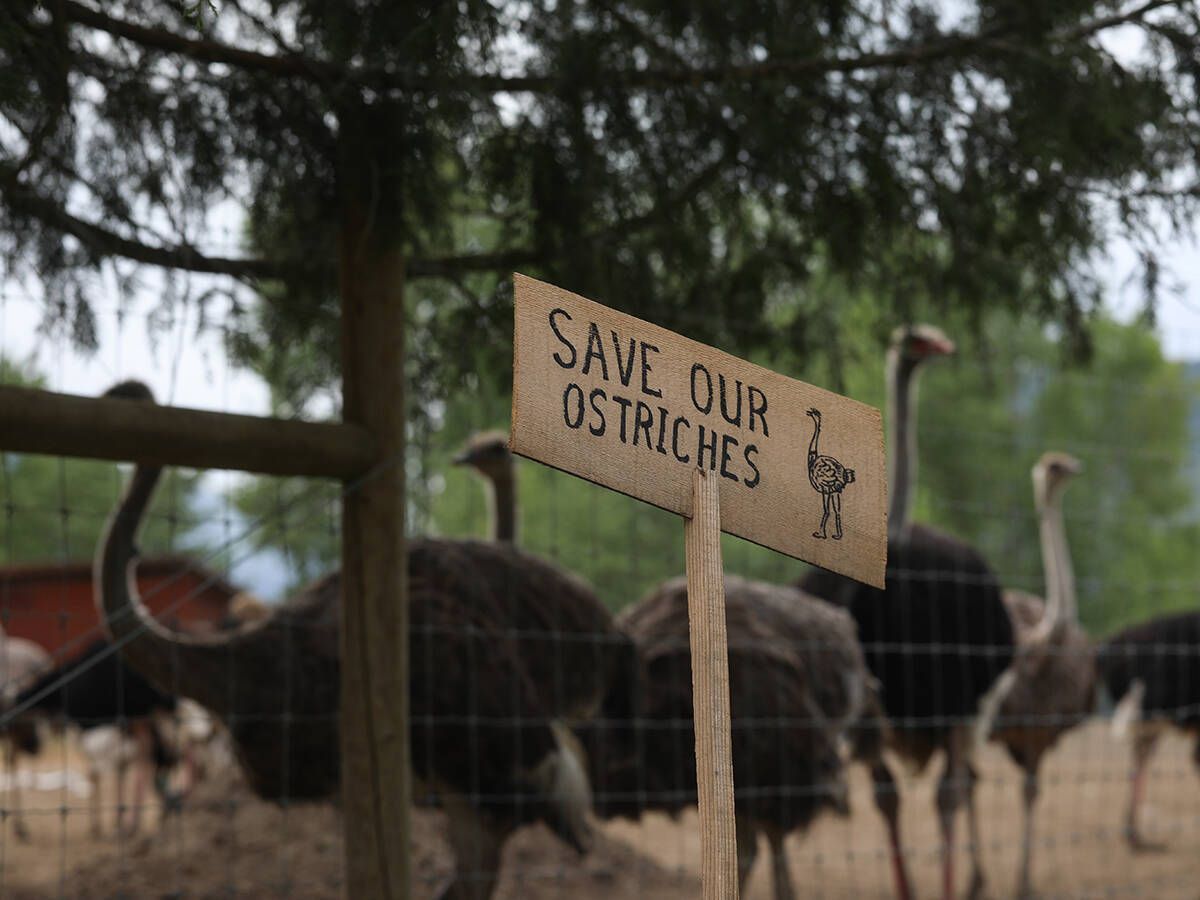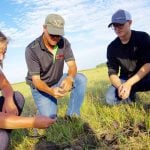CALGARY — During a single week in mid-April of this year two British Columbia agricultural workers were killed on farms.
One died after accidently inhaling pesticide fumes while the other was crushed by a machine pounding in fenceposts. In an earlier incident a woman was crushed when a tractor rolled over on her while she was clearing manure.
“If she had had a rollover bar on that tractor she would have walked away,” said Mark Thompson, chair of the Farm and Ranch Safety Health Agency (FARSHA).
Read Also

Ostrich farm case shows power of social media
The social media circus surrounding the BC ostrich farm, could happen again in Canada, says communication expert
That grim news is common in every province of Canada. For B.C. farmers however, there are regulations established by the worker’s compensation board demanding that such things as rollover bars on tractors and guards on balers be installed to prevent serious accidents.
In 1992 agriculture industry employers and worker representatives started writing specific farm safety regulations with the help of the worker’s compensation board. The regulations became law last April and cover such things as pesticide certification, handling manure and machine safety specifications.
The board didn’t enforce the regulations as strictly as it might have during the first year but now that people have had a chance to learn about them, tougher enforcement may be on its way, said Thompson.
Board officers have inspected farms, visited trade shows and placed ads informing people about the new regulations.
“They have not written any orders for compliance unless there was an imminent danger to safety,” said Thompson.
At the moment only B.C. farms with employees are covered. It has been mandatory since 1983 to buy worker’s compensation coverage at the rate of 3.6 percent per $55,000 of payroll. About 8,000 farms are covered by WCB. There are 160 enforcement officers who inspect all covered industries in the province.
Under the regulations, all serious accidents and deaths on farms are investigated.
Last year five insured fatalities occurred. There were four in 1992. Tractor rollovers are the most common cause of death.
Many reported injuries are strains and sprains caused by lifting and pushing. A back injury can happen from something as simple as picking up a sack of feed. A large number of accidents happen to people working among animals where they are bucked off horses or a shoved against a fence by a bull.
When a death occurs there is a coroner’s hearing and if the farmer is found negligent he can be fined. The highest fine Thompson knows of was $100,000. He says the public has criticized even that amount, saying the fines aren’t high enough in the case of a death.
When farmers buy WCB coverage they are getting insurance to protect themselves and their employees, said Thompson.
“There is a core of leading people in agriculture who understand the need for safety regulations and understand the virtues of insurance. And there’s a core who think it’s a terrible idea. They’ve never known anybody to have an accident and they can’t understand why they’re paying anything,” he said.
Safety on family farms is also necessary but it’s hard to figure out premiums unless they are incorporated.
Some families voluntarily sign up for coverage.
“It’s pretty cheap insurance [at] $3 a hundred up to $50,000. . . . If you are in a situation where you do rely on that income, that could be very good disability insurance,” Thompson said.
Even breaking an arm or an ankle is a costly out-of-pocket expense if the farmer has to hire someone to do his chores while he’s recovering.
The insurance provides for 75 percent of gross income till the farmer has recovered.
FARSHA grew out of the B.C. Federation of Agriculture to promote safety on farms and ranches in the province. It is a tripartite group of farmers, workers, a neutral chairperson and a WCB liaison.















